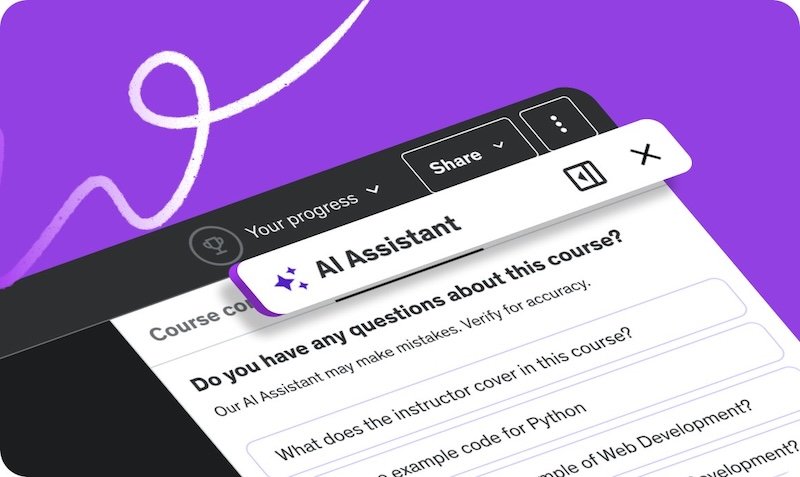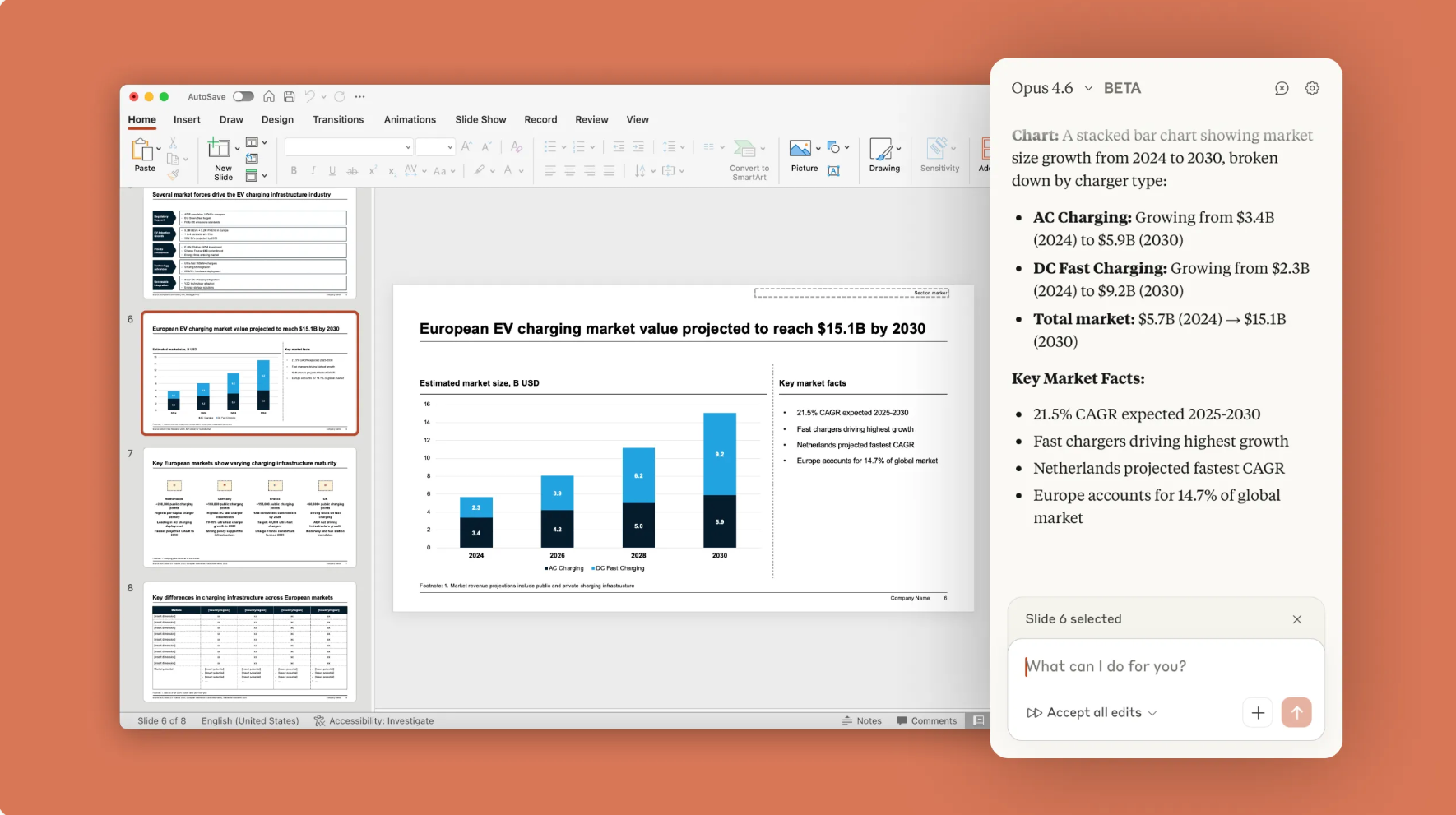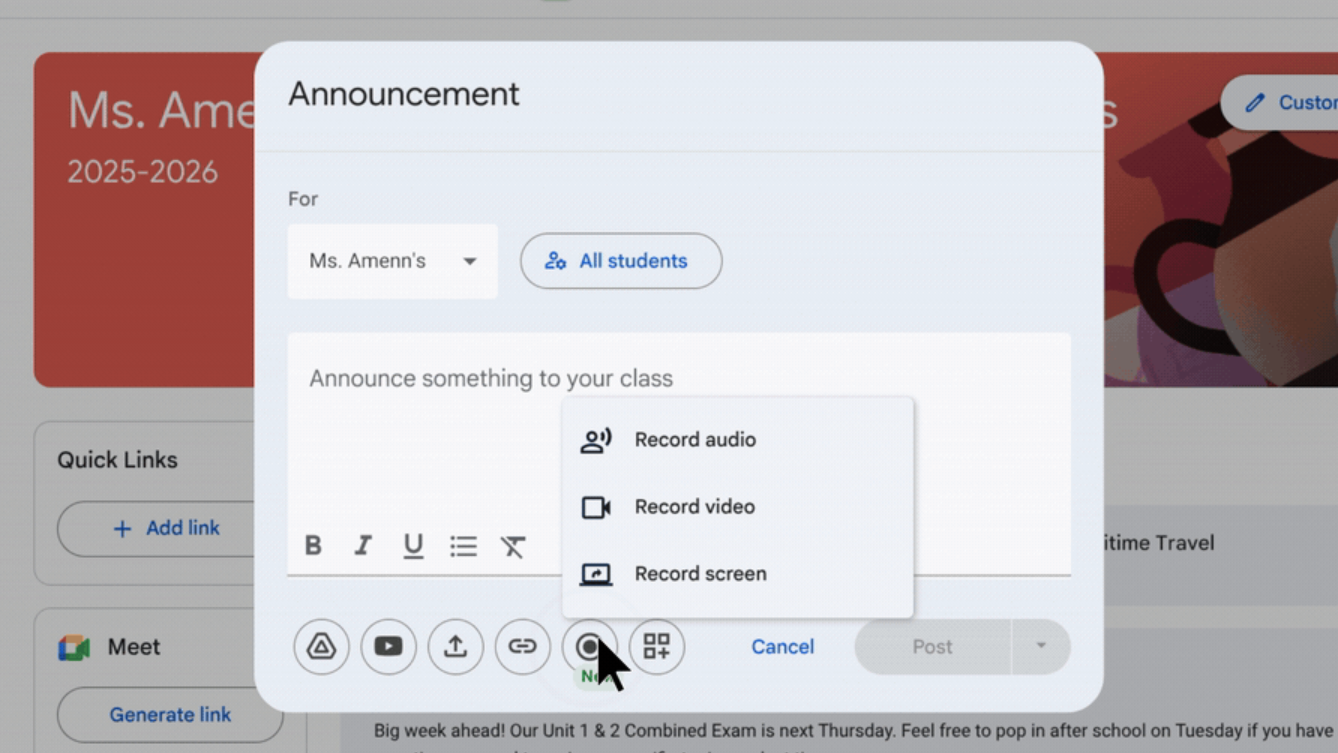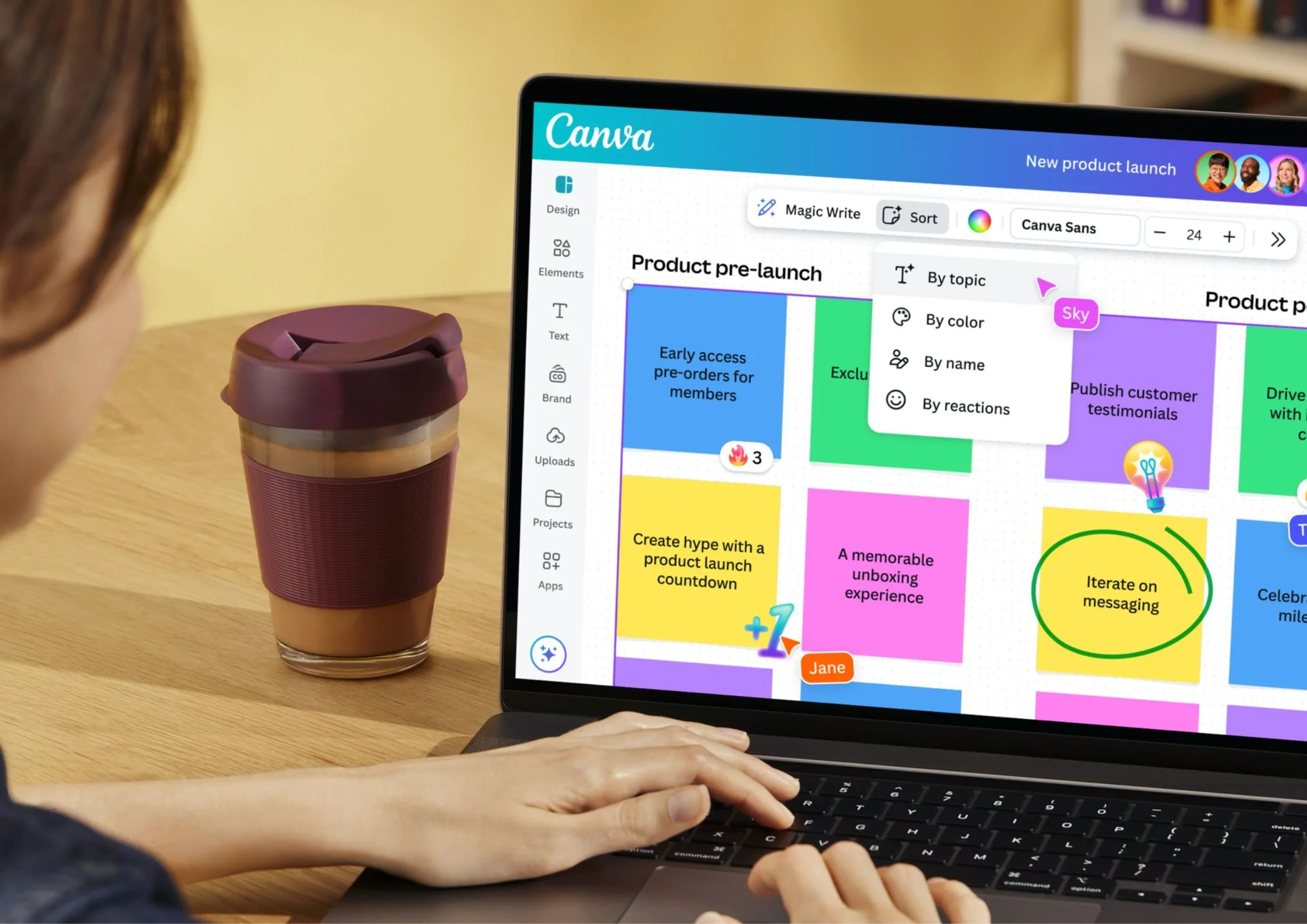Three ideas for educators to design an impactful curriculum using EdTech
Whether you are an early adopter or a skeptic, one thing is for certain: EdTech has got everyone’s attention. Educational technology, particularly after the advent of AI (artificial intelligence), has unfurled hitherto unexplored opportunities. It increases access to course material and facilitates delivery across diverse formats.
Photo credit: Pexels, Diva Plavalaguna
The developments have captured the attention of various stakeholders, from educators to government organizations. Recently, the UK government proposed recommendations for an AI Opportunities Action Plan to design regulation that supports innovation.
The EdTech sector in the US is also growing rapidly: industry reports predict growth of around 9% from 2025 to 2035, surpassing 110 USD billion.
Although much is said about the potential of educational technologies for students, they also have notable benefits for passionate educators. EdTech can enable guided and tailored curriculum design that bolsters a course and strengthens its impact on learners.
Here are three ways to consider integrating EdTech advancements to design a standout curriculum.
Incorporate Interactive Learning Activities to Boost Engagement
The subject may be dry and dense, but its mode of delivery can uplift it into approachable territory. A core requirement for an educational course to be understandable and interesting is interactivity.
In 2024, a BMC Medical Education report found that interactive learning environments can enhance a student’s critical thinking skills. It based this conclusion on the improvement that the respondents showed in their initial skills compared to those developed after repeated interaction. A two-way experience may improve your attention, problem-solving skills, and flexibility.
EdTech has made it straightforward to incorporate interactive elements in courses. From gamification of financial content to AR/VR simulations for healthcare professionals, the possibilities are numerous. The important thing is to consider including elements that are relevant to the course and true to the principles of the institute that follows the curriculum.
In this sense, it may be unnecessary to side with the most expensive interventions. An elaborate mobile game may not fit the modest budget of an institute. However, interactive online quizzes that assess your understanding of the material can inspire focus.
Derive Data-Driven Insights to Identify Underserved Subjects
Picture a scenario where students pursue a carefully developed curriculum. Curiously, many of them seem to be struggling despite boasting glowing academic records from their previous educational institutions. What could be going wrong?
Perhaps the present establishment is unaware of the learning preferences of various students: do they prefer solitary learning or group activities? The university could have inadequate means of collecting feedback or setting benchmarks for assessments. These limitations can interfere with the learning process, regardless of the curriculum’s capability.
EdTech can make a meaningful difference by providing educators with data-driven insights. It can reveal current dissatisfactions and expectations of the student community.
For example, students in a master’s degree in nursing education may struggle in a professional sphere until they receive training in leadership decision-making. How will they navigate conflict and advocate for better patient outcomes? Contemporary educators can collect feedback on such pain areas and use these data points to strengthen the curriculum.
Data-based revelations are driving significant change in education, empowering professionals to tune in to the pulse of the student community. According to Cleveland State University, educators across sectors, such as healthcare, can act as catalysts for incorporating best practices in medical and community settings. Skill development programs founded on data-backed insights can help educators facilitate this catalysis.
You can start collecting meaningful data for your curriculum design from interviews, focus groups, and questionnaires. Walkthroughs and observations can also be quite revealing, especially in assessing the delivery of an educator and the response of their students.
Facilitate Collaborative Effort Across Teams and Departments
Modern career trajectories depend heavily on other related fields. More professionals are now part of inter-departmental teams and must participate in discussions that will finalize impactful decisions.
For instance, many nursing professionals now work in interdisciplinary teams comprising physicians and occupational therapists. A Frontiers study observed that effective care and rehabilitation for stroke patients depend largely on teamwork among multidisciplinary healthcare professionals. It is increasingly the case in disease management for several conditions, such as mental health issues.
However, multiple challenges impede collaboration, from accountability to conflict management and coaching. If professionals struggle to work together in challenging scenarios, the repercussions are more likely to translate into poor patient health outcomes.
EdTech offers some excellent solutions for this problem by connecting to academic foundations. Why not incorporate group activities into the curriculum—activities that include students from separate disciplines? These could take various formats, from involved group projects to routine activities, such as shared document editing. Participating in such activities prepares students to become a (valuable) part of multi-department teams in the workplace.
EdTech is advancing rapidly—almost too fast for institutions resistant to change or intimidated by new technologies. Its capacity to automate and personalize can have far-reaching benefits for educators. It can prove immensely helpful in managing their workload, letting them focus more on curriculum development and delivery.
The sharp student focus that EdTech offers educators, whether through data-based insights or performance in group projects, can pave the way for more fulfilling academic careers.
























